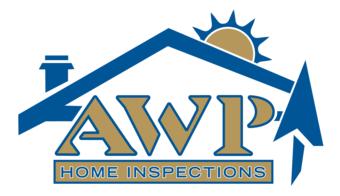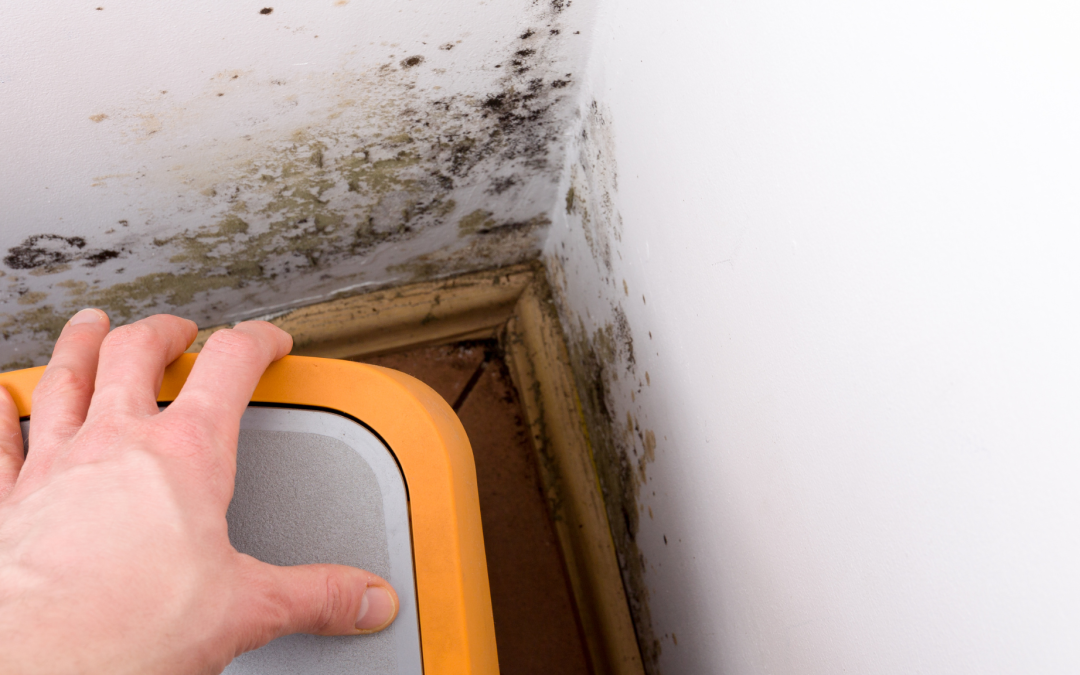Mold and mildew are not just unsightly; they can also pose serious health risks and cause significant damage to your home. From triggering allergies to compromising structural integrity, these fungi thrive in damp, humid environments, making homes their ideal habitat.
However, with proactive strategies and attention to detail, you can effectively prevent mold and mildew from taking over your living spaces. Here are some key tips to keep your home clean, healthy, and mold-free.
Control Indoor Humidity
Mold and mildew flourish in moist conditions, so managing indoor humidity is vital. Consider investing in a dehumidifier for areas prone to dampness, such as basements, bathrooms, and kitchens. Aim to keep indoor humidity levels between 30-50% to deter mold growth.
Ensure Proper Ventilation
Good ventilation is essential for mold prevention. Utilize exhaust fans in bathrooms and kitchens to expel humid air outside. Additionally, ensure that your clothes dryer vents directly outdoors rather than into attics or crawl spaces. Proper airflow helps reduce moisture accumulation.
Fix Leaks Promptly
Even minor leaks can lead to significant moisture build-up and mold issues. Regularly inspect your home for signs of leaks in plumbing, roofs, or windows, and address them immediately. Pay special attention to areas at risk of water damage, such as around sinks and windows. Quick action can prevent extensive mold growth and costly repairs.
Use Mold-Resistant Products
When renovating or building, choose mold-resistant materials like drywall, paint, and flooring. These specially designed products help inhibit mold growth, offering an extra layer of protection against fungal infestations.
Keep Surfaces Clean and Dry
Regular cleaning is crucial in preventing mold and mildew. Wipe down moisture-prone surfaces, such as sinks and showers, frequently to eliminate potential mold spores. Additionally, ensure that wet items like towels and sponges are thoroughly dried after use.
Monitor Indoor Plants
While indoor plants enhance your living space, they can also contribute to increased moisture levels. Avoid overwatering and ensure proper drainage to prevent water from pooling in containers. Keep an eye out for mold or mildew on plant soil or leaves and address any issues immediately.
Inspect and Clean Air Ducts
Mold spores can accumulate in HVAC systems and circulate throughout your home. Regularly inspect and clean your air ducts to remove dust, debris, and potential mold growth. Hiring a professional HVAC technician can ensure a thorough cleaning for optimal air quality.
Utilize Mold-Preventing Solutions
A variety of mold-preventing products, including sprays and foggers, are available to inhibit mold growth. These solutions can be applied in problem areas or used as a preventive measure in locations prone to moisture.
Maintain Outdoor Drainage
Ensure your gutters and downspouts are clear of debris and direct water away from your home’s foundation. Proper outdoor drainage prevents water from seeping into your home and creating conditions favorable for mold growth.
Address Condensation
Condensation on windows, walls, or pipes often signals high humidity levels, creating an inviting environment for mold and mildew. Use moisture-absorbing materials, such as silica gel packs or desiccants, to manage excess moisture in these areas.
By implementing these effective prevention tips, you can significantly lower the risk of mold and mildew in your home. Remember, vigilance and regular maintenance are essential for maintaining clean, healthy living spaces.
With proactive measures and attention to detail, you can create an environment that is inhospitable to mold and conducive to a comfortable, safe home.
AWP Home Inspections offers professional home inspection services in West Central and Central Indiana. Contact us to request an appointment.

